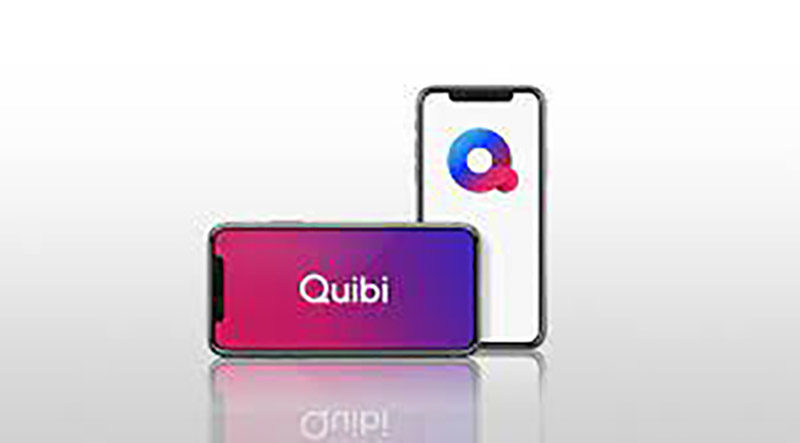Vulture has an extensive, let’s call it, “pre-mortem” article on Quibi, the short-form, episodic video content service that’s gotten off to a slow start. The piece focuses a lot on Jeffrey Katzenberg’s involvement. However, this simple economic Catch-22 highlights many of the service’s travails:
Because [Quibi’s] point was to charge for content, it had to start out by raising an enormous amount of money in order to afford content worth charging for.
Quibi’s challenge is that it’s stuck between the rock of YouTube, which thrives on free short-form (if generally not episodic), highly viral content, and the hard place of subscription-based long-form services (Disney+, HBO Max) that offer increasingly more mainstream, well-known content and big-budget exclusives, often based on franchises. One other high-profile subscription-based newcomer, Apple TV+, also started with a clean slate. But Apple has the advantage of close proximity to a billion screens in people’s pockets. While Apple’s service also rolled out with no shortage of star power, it is now reported to be acquiring back-catalog titles amid reboots such as Fraggle Rock.
Quibi’s content may have been optimized for a smartphone’s reorienting display, but it has failed to tap into a key element of mobile media: virality. The service attracted criticism for being unavailable on TV at launch, but the far bigger sin of omission was not having any web accessibility. Indeed, the closest thng akin to Quibi shows from other content sources are skit shows or late-night monologues that attract millions or viewers on YouTube. A show like Will Arnett’s Memory Hole would do very well in such a format (even if its alleged namesake has attracted only a few hundred thousand views).
Quibi has also fought the perceived value of serialization. Relaying the reaction to the service, Vulture’s Benjamin Wallace posits:
Who needed Quibi to break things up into “snackable” chunks for them to begin with? As one longtime Hollywood executive told me, “I have a pause button.”
Indeed, the very brevity of Quibi’s shows make them better suited to binging. And in that scenario, there’s little practical difference between having three or four short episodes or one of more traditional length.
Most singificantly, though, Quibi missed an opportunity by not offering a free tier of service available without login, at least on a limited trial basis, and at least for a limited time. Such an approach proved powerful for Hulu which, in its early days, was also viewed skeptically as being redundant to what was already available “free” on TV. Indeed, like Quibi, Hulu had ads from its inception. But those were far more acceptable when Hulu offered a free tier, and at least today’s Hulu has an ad-free option. Quibi’s ads pass quickly enough, but they’re still an annoyance in what is marketed as a premium service.
As the Vulture article notes, Quibi will soon have its 90-day post-launch reckoning in which many of its free trials expire. If the uptake disappoints, its not too late for the video startup to offer a limited free tier, preferably without login. It’s the best way to let its content market itself.

